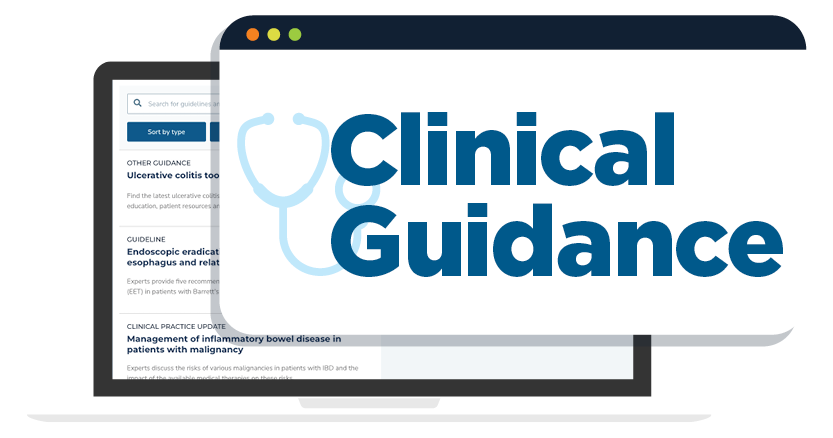1. Unless there is a contraindication, all patients with IBD should be advised to follow a Mediterranean diet rich in a variety of fresh fruits and vegetables, monounsaturated fats, complex carbohydrates, and lean proteins and low in ultra-processed foods, added sugar, and salt for their overall health and general well-being. No diet has consistently been found to decrease the rate of flares in adults with IBD. A diet low in red and processed meat may reduce ulcerative colitis flares, but has not been found to reduce relapse in Crohn’s disease.
2. Patients with IBD who have symptomatic intestinal strictures may not tolerate fibrous, plant-based foods (ie, raw fruits and vegetables) due to their texture. An emphasis on careful chewing and cooking and processing of fruits and vegetables to a soft, less fibrinous consistency may help patients with IBD who have concomitant intestinal strictures incorporate a wider variety of plant-based foods and fiber in their diets.
3. Exclusive enteral nutrition using liquid nutrition formulations is an effective therapy for induction of clinical remission and endoscopic response in Crohn’s disease, with stronger evidence in children than adults. Exclusive enteral nutrition may be considered as a steroid-sparing bridge therapy for patients with Crohn’s disease.
4. Crohn’s disease exclusion diet, a type of partial enteral nutrition therapy, may be an effective therapy for induction of clinical remission and endoscopic response in mild to moderate Crohn’s disease of relatively short duration.
5. Exclusive enteral nutrition may be an effective therapy in malnourished patients before undergoing elective surgery for Crohn’s disease to optimize nutritional status and reduce postoperative complications.
6. In patients with IBD who have an intra-abdominal abscess and/or phlegmonous inflammation that limits ability to achieve optimal nutrition via the digestive tract, short-term parenteral nutrition may be used to provide bowel rest in the preoperative phase to decrease infection and inflammation as a bridge to definitive surgical management and to optimize surgical outcomes.
7. We suggest the use of parenteral nutrition for high-output gastrointestinal fistula, prolonged ileus, short bowel syndrome, and for patients with IBD with severe malnutrition when oral and enteral nutrition has been trialed and failed or when enteral access is not feasible or contraindicated.
8. In patients with IBD and short bowel syndrome, long-term parenteral nutrition should be transitioned to customized hydration management (ie, intravenous electrolyte support and/or oral rehydration solutions) and oral intake whenever possible to decrease the risk of developing long-term complications. Treatment with glucagon-like peptide-2 agonists can facilitate this transition.
9. All patients with IBD warrant regular screening for malnutrition by their provider by means of assessing signs and symptoms, including unintended weight loss, edema and fluid retention, and fat and muscle mass loss. When observed, more complete evaluation for malnutrition by a registered dietitian is indicated. Serum proteins are no longer recommended for the identification and diagnosis of malnutrition due to their lack of specificity for nutritional status and high sensitivity to inflammation.
10. All patients with IBD should be monitored for vitamin D and iron deficiency. Patients with extensive ileal disease or prior ileal surgery (resection or ileal pouch) should be monitored for vitamin B12 deficiency.
11. All outpatients and inpatients with complicated IBD warrant co-management with a registered dietitian, especially those who have malnutrition, short bowel syndrome, enterocutaneous fistula, and/or are requiring more complex nutrition therapies (eg, parenteral nutrition, enteral nutrition, or exclusive enteral nutrition), or those on a Crohn’s disease exclusion diet. We suggest that all newly diagnosed patients with IBD have access to a registered dietitian.
12. Breastfeeding is associated with a lower risk for diagnosis of IBD during childhood. A healthy, balanced, Mediterranean diet rich in a variety of fruits and vegetables and decreased intake of ultra-processed foods have been associated with a lower risk of developing IBD.












